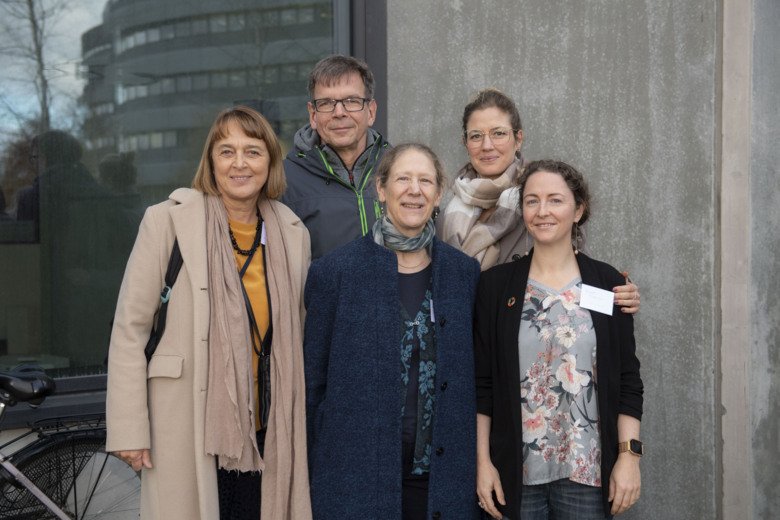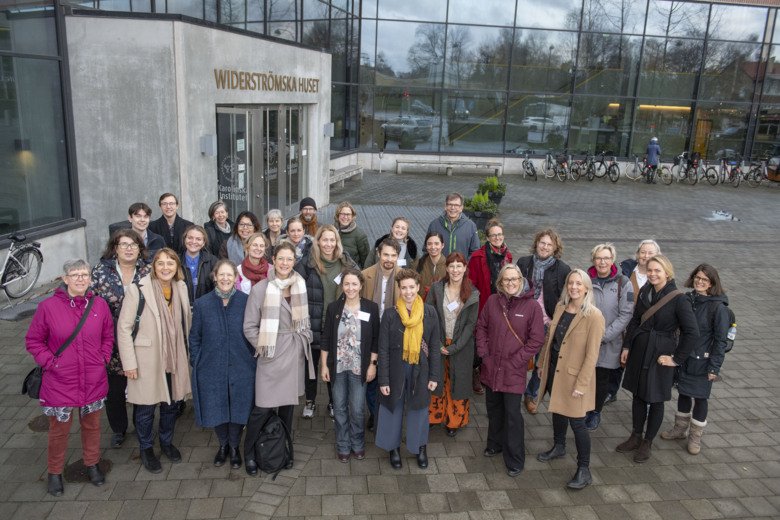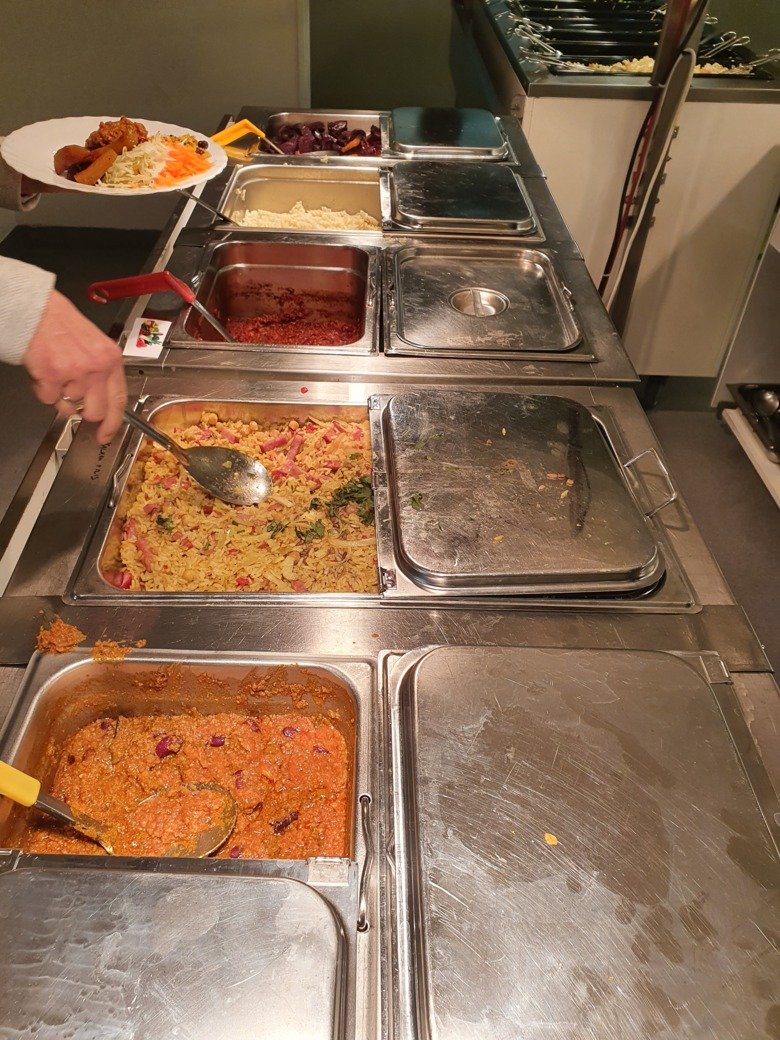OPTIMAT Sweden
A research project about optimizing and improving school meals.The Swedish school meal scheme offers a unique opportunity to foster healthy and sustainable dietary habits among the young generation. This four-year research project running from 2016 - 2021 is financed by the Swedish Research Council Formas.

Aim
To develop a holistic model for a health-promoting, affordable, and socially acceptable school meal plan optimized for environmental sustainability (greenhouse gas emissions). The project constitutes collaboration between Karolinska Institute, the National Food Agency Sweden, and the University College Copenhagen.
OPTIMAT was chosen by the Royal Swedish Academy of Engineering Sciences as one of 100 innovative research projects with a sustainability focus and business potential.

Background
The food system is responsible for 25-30% of total greenhouse gas emissions (GHGE), a figure which needs to be reduced significantly in order to mitigate climate change. Furthermore, unhealthy diets contribute significantly to the global burden of disease by increasing risks for cardiovascular diseases, obesity, cancers and type-2 diabetes. The adoption of healthy and sustainable diets, in conjunction with a reduction in food loss and waste presents major opportunities for simultaneously reducing the climate impact from food systems and improving health outcomes.
Public procurement of food for e.g. school meals has the potential to change demand, and thereby the food produced and consumed, in the short and long term. Fully subsidized school lunches are served daily in Swedish primary schools to all 1.3 million children aged 6 to 15. Thus, improved school meals have considerable potential to shape children’s diets and reduce food related GHGE.

Planning of school meals is challenging and must take many aspects into account: the food must be healthy, have a low environmental impact, be appealing to the pupils and be affordable on tight budget.
One method to meet these demands simultaneously is through linear optimization. In OPTIMAT, food purchasing lists (i.e. all foods purchased in a given time period) are optimized using linear programming. From the optimized list of the same foods but in new proportions, a new meal plan can be produced by an experienced meal planner.
The overall OPTIMAT project also includes an updated assessment of the contribution that school meals make to children’s total diets today in a national sample of school children.
A collaborative project
The project constitutes collaboration between the hosting university Karolinska Institutet, the National Food Agency, and the University of Copenhagen.
Publications
Developing a novel optimisation approach for keeping heterogeneous diets healthy and within planetary boundaries for climate change.
Eustachio Colombo P, Elinder LS, Nykänen EA, Patterson E, Lindroos AK, Parlesak A
Eur J Clin Nutr 2024 Mar;78(3):193-201
Acceptance of Low-Carbon School Meals with and without Information—A Controlled Intervention Study
André, E., Eustachio Colombo, P., Schäfer Elinder, L. et al. . J Consum Policy 47 109–125 (2024).
Dissociation of tick-borne encephalitis virus by Triton X-100 and cetyltrimethylammonium bromide.Effect of etafenone on total and regional myocardial blood flow.Properties of the 3-o-methyl-D-glucose transport system in Acholeplasma laidlawii.Maturation of the adrenal medulla--IV. Effects of morphine.
Heinz F, Kunz C, Flohr H, Breull W, Tarshis MA, Bekkouzjin AG, Ladygina VG, Panchenko LF, Anderson TR, Slotkin TA
Acta VirolArzneimittelforschungJ BacteriolBiochem Pharmacol 1979197519761975 MaySepJanAug;232512524(39116):189-971400-31-71469-74
Designing Nutritionally Adequate and Climate-Friendly Diets for Omnivorous, Pescatarian, Vegetarian and Vegan Adolescents in Sweden Using Linear Optimization. Eustachio Colombo P, Elinder LS, Lindroos AK, Parlesak A. Nutrients. 2021 Aug; 13(8): 2507.
Barriers and facilitators to successful implementation of sustainable school meals: a qualitative study of the OPTIMAT™-intervention. Eustachio Colombo P, Elinder LS, Patterson E, Parlesak A, Lindroos AK, Andermo S. International Journal of Behavioral Nutrition and Physical Activity (2021) 18:89.
Potential health impacts of adopting dietary practices with lower greenhouse gas emissions in Sweden. Patterson E, Milner J, Eustachio Colombo P, Green R, Elinder LS. BMC Public Health (2021) 21:1332.
Pathways to "5-a-day": modeling the health impacts and environmental footprints of meeting the target for fruit and vegetable intake in the United Kingdom.
Eustachio Colombo P, Milner J, Scheelbeek PFD, Taylor A, Parlesak A, Kastner T, Nicholas O, Elinder LS, Dangour AD, Green R
Am J Clin Nutr 2021 08;114(2):530-539
Successful implementation of climate-friendly, nutritious and acceptable school meals in practice: the OPTIMAT™ intervention study. Sustainability 2020, 12(20), 8475.
Sustainable and acceptable school meals through optimization analysis: an intervention study. Eustachio Colombo P, Patterson E, Lindroos AK, Parlesak A, Elinder LS. Nutrition Journal (2020) 19(1):
